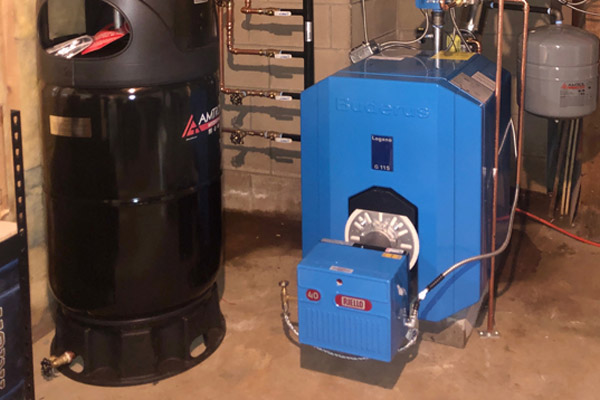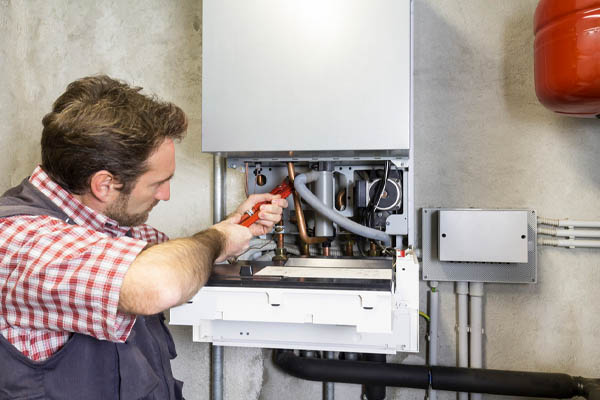Oil Heat
Seamless Transition: Using Bioheat® Fuel In Existing Heating Oil Systems
Discover the transformative potential of Bioheat® fuel, a sustainable heating solution driving environmental stewardship in residential spaces. Blending biodiesel with ULSHO heating oil, Bioheat® offers a cleaner, greener alternative without requiring system upgrades for current oil-heat users. Embrace Bioheat® today to reduce emissions and enhance sustainability in your home heating practices.
Read MoreWhy Regular Heating Oil Filter Replacements are Crucial
Home heating costs can weigh heavily on monthly budgets, outpacing most other household expenses. Therefore, optimizing heating efficiency is essential for cost savings. Discover effective strategies to improve heating system performance in this article, emphasizing the value of regular heating oil filter changes as a cost-effective practice for budget-conscious households.
Read More10 Strategies for Reducing Your Heating Oil Costs
In Connecticut, households depend on their heating systems for warmth. Instead of turning down the heat to save money, there are alternative ways to lower heating oil expenses. This article explores various effective strategies to reduce heating oil costs, ensuring homes remain comfortable and safe throughout the frosty winter without breaking the bank.
Read MoreUnderstanding the Double-Wall Heating Oil Tank
Many households rely on heating oil as their primary fuel source. Stored in a tank on the premises, this oil is channeled to the furnace or boiler, bringing warmth to homes. For residents considering upgrading or replacing their current oil storage, the double-wall heating oil tank emerges as a notable choice.
Read MoreHow Does An Oil Heating System Work?
Oil heating systems are cost-effective, efficient, and environmentally friendly. Newer oil heating systems boast impressive AFUE ratings, further enhancing their efficiency. This article answers the question, “How does an oil heating system work?”. We’ll provide an overview of oil heating systems and their operation and debunk some common misconceptions along the way.
Read More




